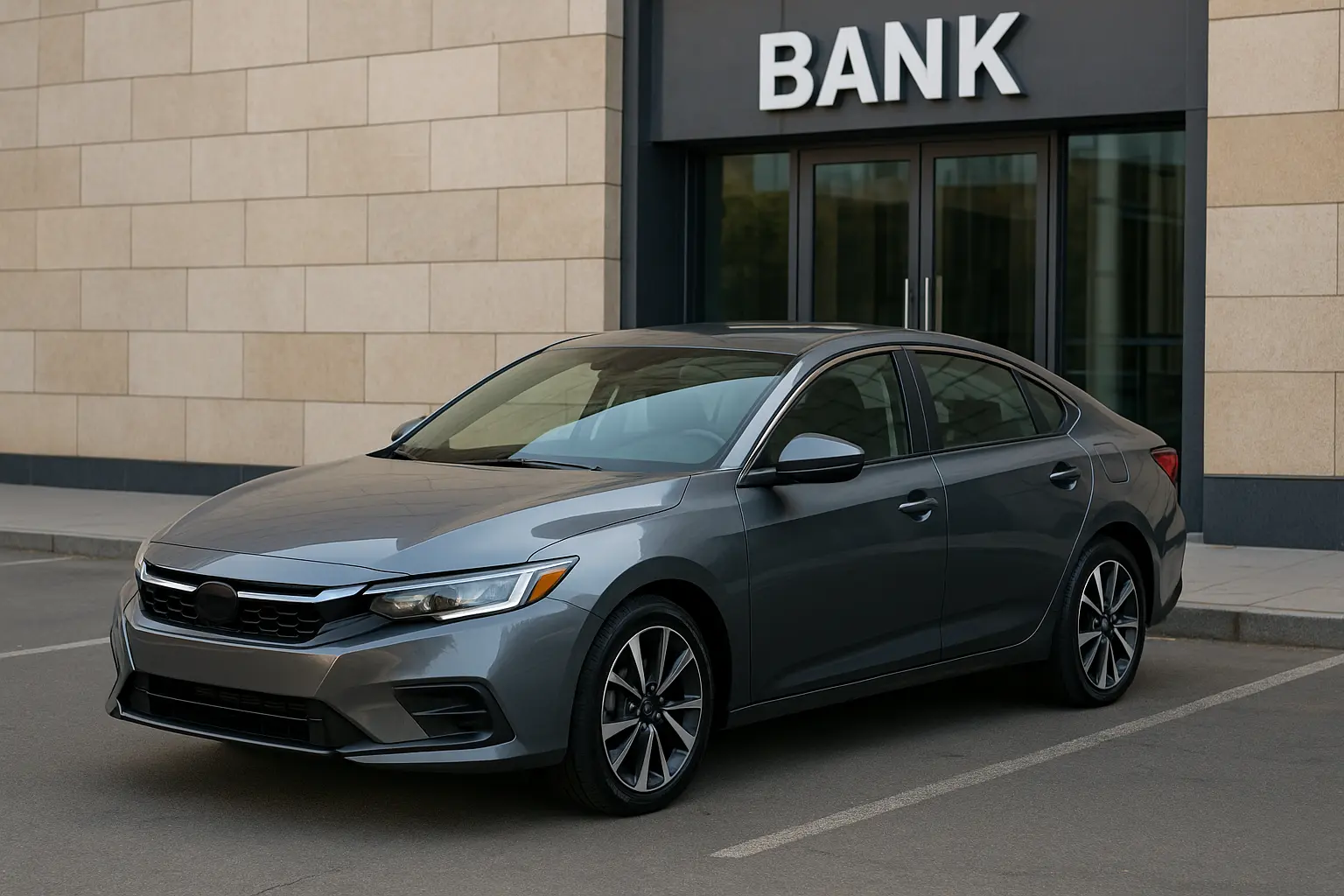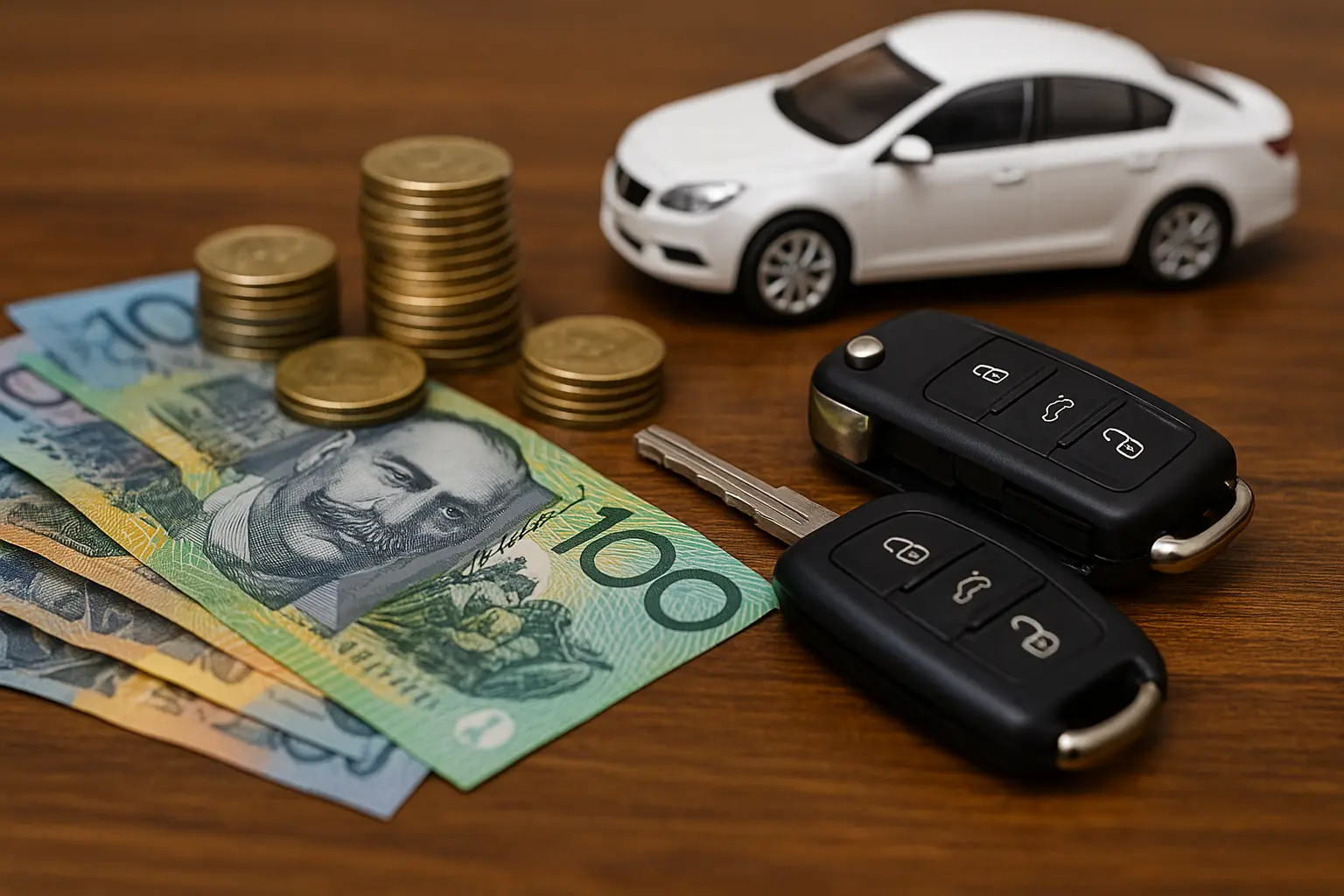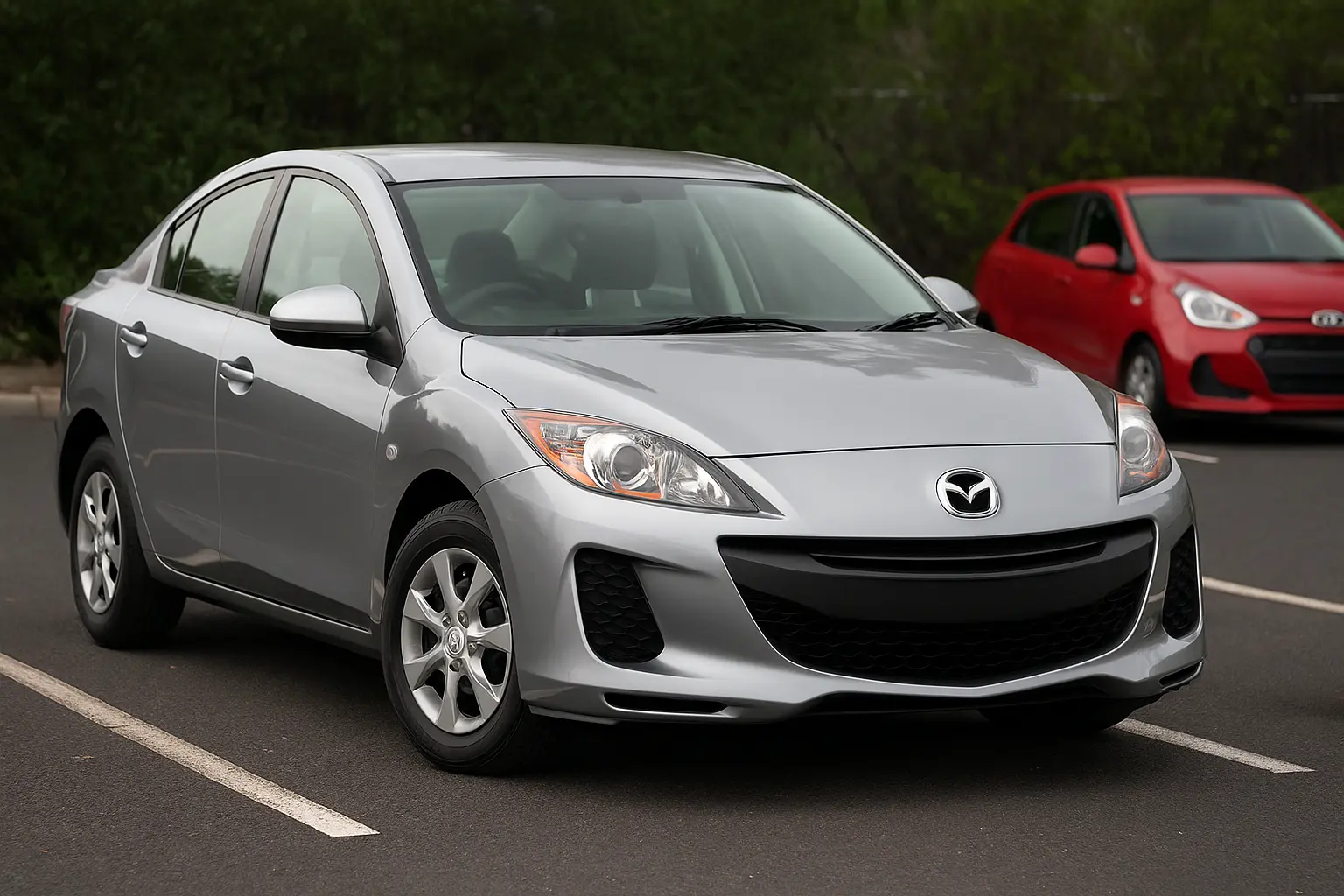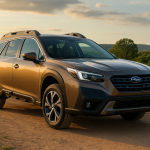Buying a car is one of the biggest financial decisions most Australians make. While the excitement of getting behind the wheel of a new vehicle is unmatched, the process of securing finance can be stressful and confusing. With so many banks, credit unions, online lenders, and dealer finance options competing for attention, it’s not always easy to figure out which loan is the best fit for your budget and lifestyle.
This comprehensive guide breaks down everything you need to know about car loans in Australia—from how interest rates work, to the best car loan providers, to tips for negotiating the best deal. Whether you’re buying new, used, or considering a novated lease through work, this article will help you make an informed choice.

Understanding Car Loans in Australia
Car loans are essentially personal loans designed for vehicle purchases, but unlike general-purpose loans, they often come with lower rates because the car itself acts as security. That means if repayments aren’t made, the lender can repossess the car.
In Australia, car loans typically fall into two categories:
Secured Car Loans: The car is used as collateral. Interest rates are usually lower.
Unsecured Car Loans: No collateral, meaning higher rates but more flexibility.
Repayment terms generally range from 1 to 7 years, with fixed or variable interest options.
Key Factors That Influence Car Loan Rates
Before diving into lenders and loan options, it’s important to understand what affects the rate you’ll be offered.
Credit Score: A higher score means better rates. Lenders reward borrowers who demonstrate responsible credit behaviour.
Loan Amount & Term: Larger loans or longer repayment periods may carry slightly higher interest.
New vs. Used Car: Loans for new cars often come with lower rates than loans for older vehicles.
Fixed vs. Variable Rates: Fixed rates offer repayment certainty, while variable rates can change with market conditions.
Deposit Size: A higher upfront payment reduces the loan balance, lowering both repayments and risk for the lender.
Best Types of Car Finance Available
Australians have multiple car finance options beyond traditional bank loans. Each comes with pros and cons.
Bank Car Loans
Big banks like Commonwealth Bank, NAB, Westpac, and ANZ remain popular choices. They offer competitive secured loans, particularly if you already have a banking relationship. The downside? Approval can be slower and criteria stricter.
Credit Union & Mutual Bank Loans
Member-owned financial institutions often provide lower rates and fewer fees. Examples include CUA (Great Southern Bank), People’s Choice Credit Union, and Teachers Mutual Bank.
Online Lenders
Fast approvals, lower overhead costs, and competitive interest rates make online lenders such as Wisr, SocietyOne, and MoneyMe attractive. However, always check fees and conditions carefully.
Dealer Finance
Car dealerships frequently offer in-house finance, sometimes with 0% or very low promotional rates. While tempting, these deals often come with hidden costs, balloon payments, or restrictions that make them less flexible.
Novated Leases
For employees with salary packaging options, a novated lease can be tax-effective. Payments are deducted pre-tax, reducing taxable income. However, they usually require stable long-term employment and can be restrictive.
Comparing Car Loan Interest Rates in Australia (2025 Snapshot)
While rates fluctuate, as of 2025 most secured car loans in Australia range between 5% and 9% per annum, while unsecured loans sit higher at 7% to 12%.
Best Bank Rates: Around 6–7% p.a.
Best Online Lender Rates: From 5.5% p.a.
Credit Union Rates: As low as 5.2% p.a. for secured loans
Dealer Finance: Promotional rates of 0–3% (but with conditions)
Always compare the comparison rate, which includes fees, not just the advertised interest rate.
Tips for Securing the Best Car Loan in Australia
Check Your Credit Report: Fix errors and improve your score before applying.
Save for a Deposit: Even a 10% deposit can dramatically reduce interest.
Pre-Approval: Get pre-approved before visiting a dealership to strengthen your negotiating power.
Compare, Compare, Compare: Don’t accept the first offer. Use comparison sites and independent advice.
Negotiate Beyond Rates: Ask lenders about waiving fees or offering flexible repayment terms.
Hidden Fees and Costs to Watch Out For
Even with a low advertised rate, fees can make a loan expensive. Watch for:
Application fees
Monthly service charges
Early repayment penalties
Balloon or residual payments
Insurance add-ons sold with finance
Car Loan Scenarios: Which Option Suits You?
First-Time Buyers: Likely to benefit from credit union or online lender loans with flexible conditions.
Families: Bank loans with fixed repayments provide stability for budgeting.
Tradies/Business Owners: Novated leases or chattel mortgages may be more tax-effective.
Luxury Car Buyers: Dealer finance can sometimes deliver promotional rates for premium brands.
Car Loan Mistakes to Avoid
Rushing into dealer finance without comparing options
Ignoring the comparison rate
Taking the maximum loan term (which increases interest paid)
Forgetting to budget for insurance, rego, and maintenance
Not reading the fine print on balloon payments
Car Loan FAQs
Is it better to get a loan from a bank or dealer?
Banks and credit unions often provide better long-term value, while dealer finance is best if you qualify for special promotions and plan to upgrade vehicles frequently.
Can I pay off my car loan early?
Yes, but check for exit fees or penalties. Some lenders allow extra repayments at no cost.
How much can I borrow for a car loan?
Most lenders allow between $5,000 and $100,000, depending on income and credit history.
What happens if I default on my car loan?
Since secured loans use your car as collateral, lenders can repossess your vehicle if repayments are missed.
Step-by-Step Guide to Applying for a Car Loan
Research lenders and compare rates
Use a car loan calculator to estimate repayments
Gather documents (proof of income, ID, credit report)
Apply for pre-approval
Negotiate car price separately from finance at dealerships
Finalise the loan and arrange settlement
Future Trends in Car Finance (2025 and Beyond)
With the rise of EVs and hybrid cars, lenders are beginning to offer green car loans with discounted rates for environmentally friendly vehicles. Additionally, subscription-based car ownership and peer-to-peer lending platforms are expanding in Australia, giving buyers even more flexibility.
Final Thoughts
Choosing the best car loan in Australia requires research, patience, and clear budgeting. With so many lenders competing for your business, you’re in a strong position to negotiate and secure a deal that works for your lifestyle. Whether you choose a bank, credit union, or online lender, remember to always check the comparison rate, read the fine print, and consider the long-term costs.
A car loan doesn’t just finance your car—it impacts your financial wellbeing for years. Taking the time now to choose wisely can save thousands over the life of the loan.
Leave a comment
Your email address will not be published. Required fields are marked *




















